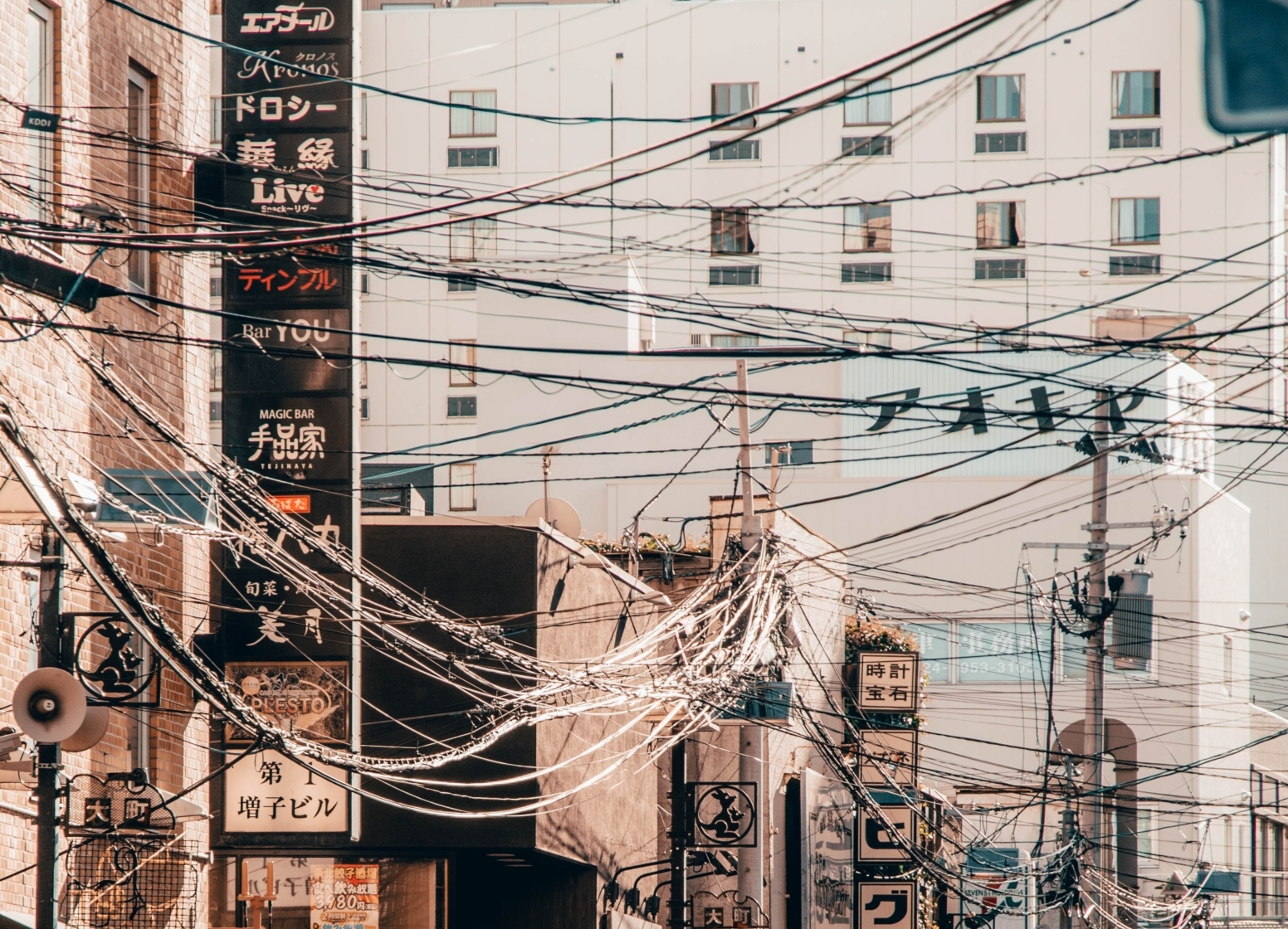Singapore Green Jet Fuel Levy on Travellers Ignites Funding Debate
The Chinese Response To Fukushima Is Beginning To Weigh On Japanese Stocks

Shares of Japanese firms that rely massively on Chinese demand fell after buyers in Asia’s largest economy called for a boycott over the leaking of treated effluent from the destroyed Fukushima nuclear plant.
Shiseido Co. slumped 2.6% to a nine-month low on the same date when the broader Topix Index obtained 1.5%. According to Bloomberg figures, China accounts for 30% of overall sales. Pola Orbis Holdings Inc. and Kose Corp., also declined. Takashimaya Co. plummeted more than 3%, while Don Quijote operator Pan Pacific Holdings Corp. plunged more than 4%.
China denoted that it will restrict fish imports. Posts advocating boycotting Japanese items have filled Chinese chat rooms, including Weibo.
Investors’ reactions echo popular worries, regardless of the International Atomic Energy Agency that said that the action is in compliance with worldwide safety standards and will have no effect on anything or anyone.
Consumers are avoiding Japanese items, which is especially disappointing for enterprises that waited for their sales to be boosted by China’s resumption of group excursions to its neighbor earlier. According to Asymmetric Advisors Pte strategist Amir Anvarzadeh, the share selloff may be short-lived because China’s spurns weren’t long in the past.
The boycott is a very popular topic on Chinese socials today. Shiseido, Panasonic, Uniqlo, and Mitsubishi are among the Japanese firms not to buy, according to several posts on Weibo.
“I won’t buy Japanese cosmetics again, let alone seafood,” Weibo commenter said. “I’m not going to touch anything where the water source may be contaminated.”
Regardless of the internet protests, economists believe that interest for Japanese items will return a bit later, due to the fact currency movements have made those goods cheaper for Chinese consumers.

